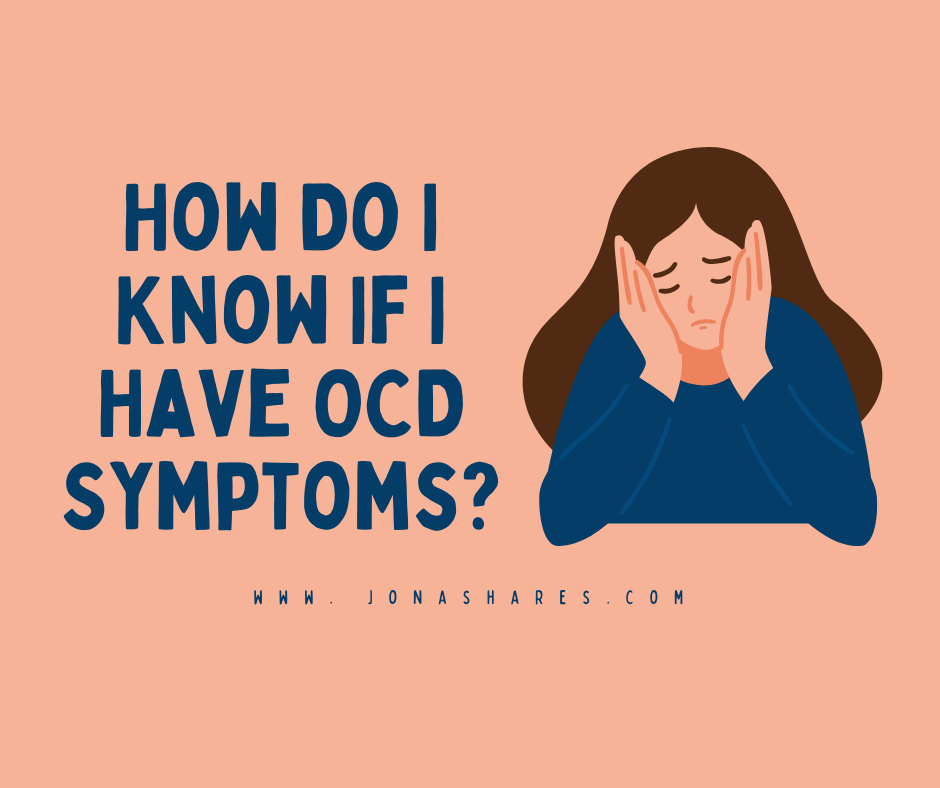A common anxiety disorder, Obsessive-compulsive disorder causes people to have heightened and sometimes unreasonable fears, worries, and thoughts. Nobody is exactly sure what causes OCD, but brain abnormalities, environmental factors, and genetics are believed to play a role in the disorder. It typically starts in teens or young adults but can also begin in childhood. It tends to run in families and can affect men and women equally. Understanding the symptoms is the key to determining if you should see a professional about a diagnosis.
Looking For Compulsive Behavior
Everyone experiences compulsive behaviors from time to time, but someone who experiences them multiple times throughout the day may not find much relief from certain anxiety treatments such as Brillia for anxiety unless they take it with other medications or counseling. There is a wide range of compulsive behaviors to look out for to determine if you might have OCD. Common ones include repeatedly checking to make sure doors are locked or the oven is off, cleaning and washing the hands more often than is necessary, counting things, or ordering and arranging things in a particular way. Some other compulsive behaviors to look out for include hoarding, repeating words in the head, or avoiding places and situations that trigger obsessive thoughts.
Repetition and Redoing
OCD and irritability often go hand in hand. This is especially true if you're someone who needs to count things, repeat actions, or redo things over time. Being interrupted often makes someone who has OCD feel like they need to start the process over, which can be extremely irritating.
Examples of these actions include checking the doors a certain number of times, tapping on things, brushing teeth while counting to a certain number, and so on.
Obsessive Thoughts
People who have OCD often have obsessive thoughts as part of their diagnosis. The most common type of obsessive thought is a fear of harming yourself or other people that you care about. This could be fear of harming them either intentionally or unintentionally. Fears of being contaminated by a disease or infection are also common. The need for symmetry or having everything in order can also become an obsession.
OCD Has Many Comorbidities
Someone who has obsessive-compulsive disorder may have other disorders as well. People who have OCD commonly deal with symptoms of depression because of feelings of sadness or hopelessness. Eating disorders are also more prevalent due to the need to control food. Other common comorbidities include generalized anxiety disorder and serious hoarding disorders.
The obsessive-compulsive disorder requires a diagnosis from a medical professional. Once diagnosed, the doctor will work with the patient to come up with a treatment plan. This plan may include medication for anxiety and depression, therapy treatments, and other methods of treatment. There are also some over-the-counter options to help treat symptoms of obsessive-compulsive disorder, such as Accentrate. Reading Accentrate reviews will help you to determine if the course of treatment may be right to meet your needs when it comes to treating OCD.
Do you experienced or had such a disorder? Share your experience in the comments section. It would be a great help if you can share your thoughts too.
























Yes I feel that I am suffering from ocd
ReplyDelete